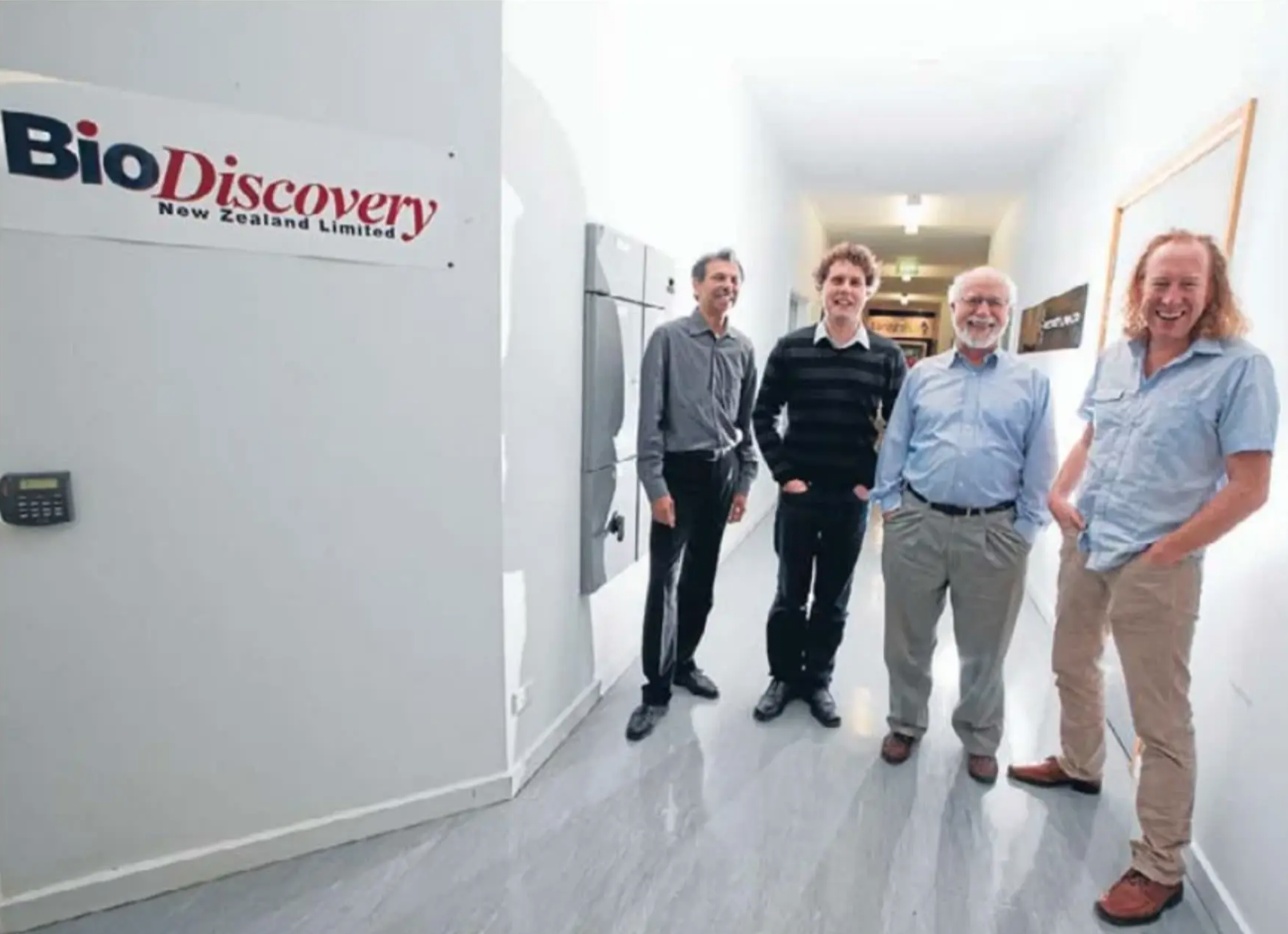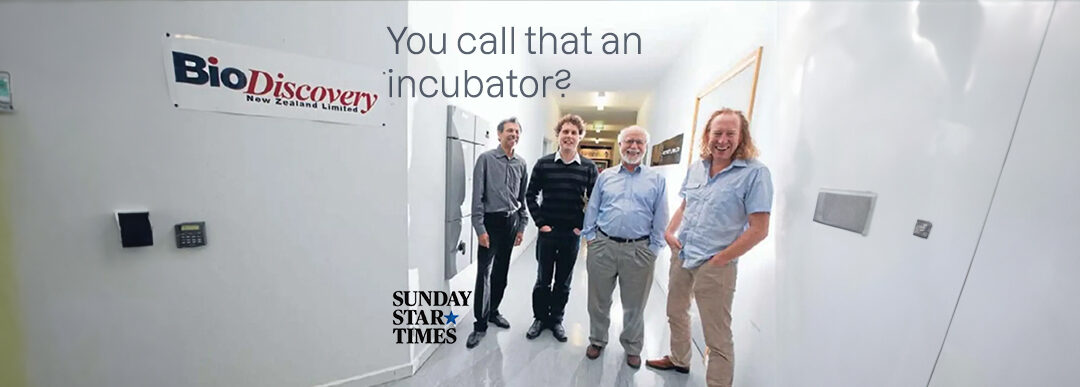
YOU CALL THAT AN INCUBATOR?


In the basement and along the corridor a quartet of companies is just getting on and doing it.
This is an incubator...
That seems to be the lesson from a successful informal incubator buried in a no-frills Parnell basement, below the Whitecliffe Art School.
Down beneath the students and below car park level on one long corridor, a group of innovative companies is trying to change the world and supporting each other along the way. It hasn’t happened because of government support or council planning – though having agreat and receptive property manager has helped.
There is talk in the media, as usual, of a Silicon Valley for New Zealand. One technology entrepreneur is calling for an innovation hub in the city centre. The university is offering its own hubs while the council is planning nothing less than an innovation precinct for Wynyard Quarter.
But in the basement and along the corridor a quartet of companies is just getting on and doing it. And they are now winning substantial investment from some of the world’s top venture capital companies.
LanzaTech and Rocket Lab are perhaps the best known. One uses microbes to make low carbon fuels and chemicals from waste gas while the other is trying to change the way we access space through new rocket technologies.
The grand daddy of the four is BioDiscovery, which has the big hairy audacious goal of making microbial replacements aimed at low carbon farming and increasing agricultural production.
Pictor, meanwhile, has developed and is rolling out proprietary low cost clinical diagnostic technology that can test blood or other biological fluids that can help in the identification of diseases around the world.
They’ve got a good thing going on and they know it.
In part it’s because of the way the building is managed – and that may provide a pointer to the kinds of environment that firms need to flourish.
For a start, the companies did not have to make a long-term lease commitment. They have their own discrete spaces where unique company cultures can grow and yet are in close proximity.
‘‘We are not one culture,’’ said LanzaTech co-founder Sean Simpson. ‘‘That is critical for success.’’
And there is nothing in the least flash about the place. There doesn’t need to be.
In addition, Simpson reckoned a very insightful approach to building management on thepart of manager Alan Johnson has genuinely encouraged the growth of the start-ups.
‘‘His actions have genuinely incubated us,’’ Simpson said. ‘‘Employees have no doubt which companies they work for.’’
LanzaTech was born out of BioDiscovery, and has stayed nearby. But all the companies benefit from each other’s expertise and the huge number of PhD-educated engineers onthe site.
Around 25 per cent of the people along the corridor have completed their doctorates and they have come from all over the world.
‘‘Our markets and customers are different. There are all kinds of differences, but we help each other despite the differences,’’ said Anand Kumble, chief executive of Pictor.
There are at least two things that make these companies diff fferent from many and from thekinds of models being applied to innovation in New Zealand.
First, they are all thinking very big and using science to tackle global problems. Much ofinnovation policy appears to work against such ‘‘blue sky’’ companies because they canhave diffi fficulty proving they have business prospects.
Last week, all of them laughed about not having developed formal business plans.
‘‘We raised our fi rst $30 million without a business plan,’’ said Simpson.
‘‘I cringe when I see business plan competitions for incubators,’’ said Beck.
Despite that they are attracting investment from global venture capital companies thatwant to invest in ambitious, worldchanging companies.
Another diff fference is that there is really no essential reason for these companies to be in New Zealand. They are not actively leveraging New Zealand’s competitive advantage in agriculture or any other advantage.
So why should we limit ourselves?
Rocket Lab founder and chief executive Peter Beck said the informal Parnell incubator shows companies can do anything from New Zealand.
And for those who think overseas investment dilutes the value of these companies, Simpson has a different take: it validates them and shows they are world-class opportunities.
‘‘That’s not a bad thing. That is absolutely how it should be,’’ he said.
‘‘It’s a seal of approval. If you raise world-class dollars from world-class VCs, you are competing with the world.’’
BioDiscovery chief executive Peter Wigley said Khosla Ventures actively supported his rad-ical ideas after first investing in LanzaTech.
Beck, who spent a month knocking on venture capital doors in California after launching Rocket Labs, said off shore investment is an endorsement of where the companies and their technologies are.
‘‘You have to have something really special,’’ he said.
Meanwhile the four have some criticisms of incubator structures being offered. Some have far too onerous lease terms while others simply charge the earth.
Beck said the university’s hubs were expensive, partly on the grounds members could usethe tools available there. However, the start-ups on the corridor have generally had to build their own tools anyway.
Still other models imagine people mingling in common areas, something that Simpson thinks will damage the creation of unique company cultures.
Simpson said he’d be terrified of his staff being influenced by the culture of an academic environment.
‘‘You have to go for broke,’’ said Wigley.
